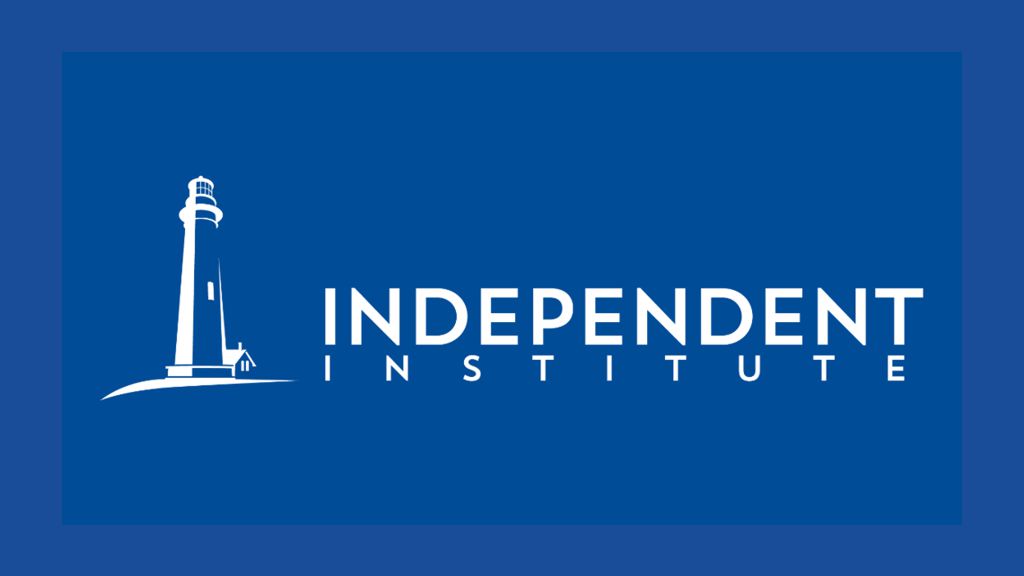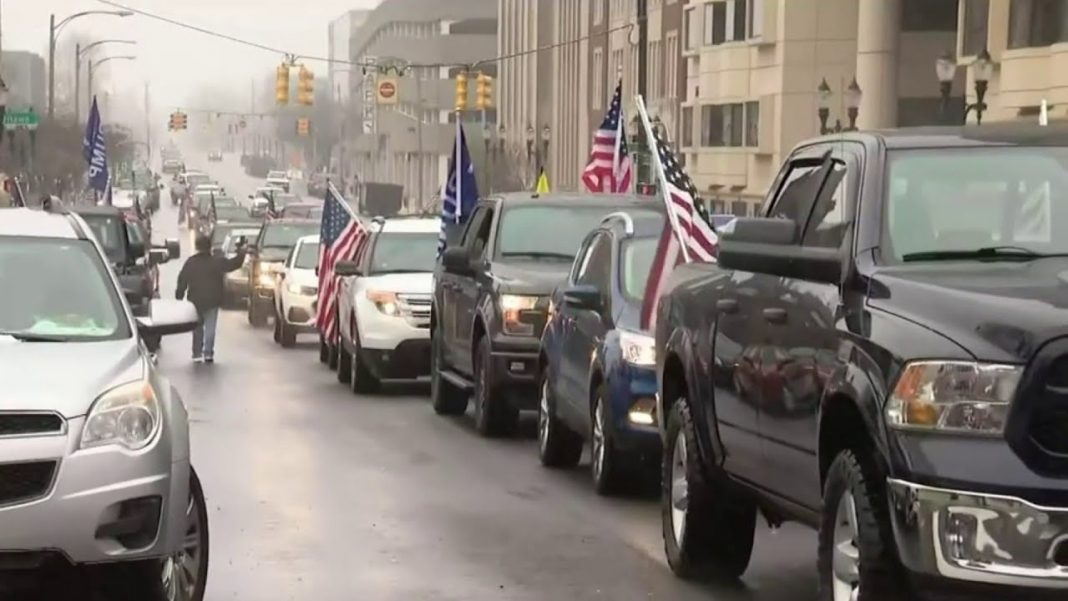(Oakland, CA)— An influential group of 153 economists and political scientists is calling for the immediate suspension of California’s AB-5, a law that was passed in 2019 to regulate the use of independent contractors in a variety of activities. The Open Letter to Suspend California AB-5 that is addressed to California Governor Gavin Newsom and all members of the California State Legislature, calls for the immediate suspension of the law, which prevents individuals from working part time in a variety of indispensable positions, especially during the coronavirus crisis.
The Open Letter is signed by such notable scholars at Nobel Laureate Vernon Smith (Chapman U.), John Taylor (Stanford U.), Lee Ohanian (U.C.L.A.), David Teece (U.C. Berkeley), and other Ph.D. economists and political scientists, each affiliated with a California college, university or think tank.
“By prohibiting the use of independent contractor drivers, health care professionals, and workers in other critical areas, AB-5 is doing substantial, and avoidable, harm to the very people who now have the fewest resources and the worst alternatives available to them,” said Williamson Evers, Ph.D., Senior Fellow at the Independent Institute and Co-Director of the Open Letter with Independent President David J. Theroux.
AB-5 unintentionally has pushed all of the risks and all of the costs of a vibrant gig economy onto lower- and middle-income individuals, those who would benefit most from flexibility to work around the restrictive policies, the Open Letter states.
Blocking work that is needed and impoverishing workers laid-off from other jobs may not be the intentions of AB-5, but the law is having these unintended consequences and needs to be suspended. The current situation of voluntary (and mandatory) self-isolation has created an immediate need for flexible and low-cost ways of delivering goods to people.
Hiring laws, especially for firms with more than 50 employees, mean that companies are unwilling to make long-term commitments to traditional jobs. Employment decisions hinge on the costs of distributing risk. While employers are not hiring, gig workers could shoulder myriad tasks that are needed to flatten out the effects of the temporary emergency.
“It doesn’t really matter how great the pay is, how predictable are the hours, nor how generous the benefits may be, if the law prevents a job from existing in the first place,” says Evers. “We aren’t sure what our economic needs and capacities are going to be even two months from now. But hiring someone in a traditional job, with hours and benefit requirements, is too expensive to contemplate given that employers do not know whether they will be able to fill any permanent jobs at all and, if so, when.”
A mountain of work needs to be done, deliveries made, and people stranded at home helped to receive groceries and medications. Meanwhile, furloughed Californians stand on the verge of being wiped out financially because the law prevents them from working part time in a variety of indispensable positions.
Read the entire letter and list of signatories here.
Williamson M. Evers, Ph.D., is a Senior Fellow, Director of the Center on Educational Excellence, and Assistant Editor for The Independent Review: A Journal of Political Economy at the Independent Institute.
About the Independent Institute
The Independent Institute is a non-profit research and educational organization that promotes the power of independent thinking to boldly advance peaceful, prosperous, and free societies grounded in a commitment to human worth and dignity. For more information, visit Independent.org.
###








